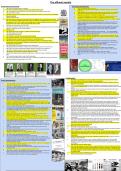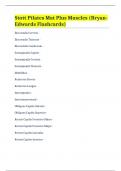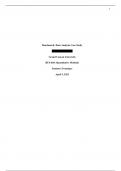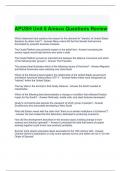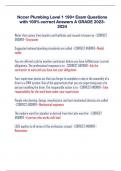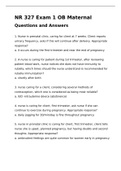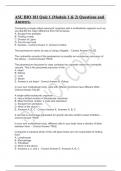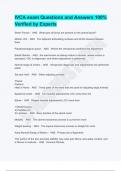Summary
Summary The entire British History course summarised by chapter!
An in-depth, complete, simple, and condensed set of posters that cover the entire British history A-level course, including chronological dates and highlighted key events! Each section is condensed into just one page, and all information has been narrowed down, double checked, and highlighted by a ...
[Show more]
